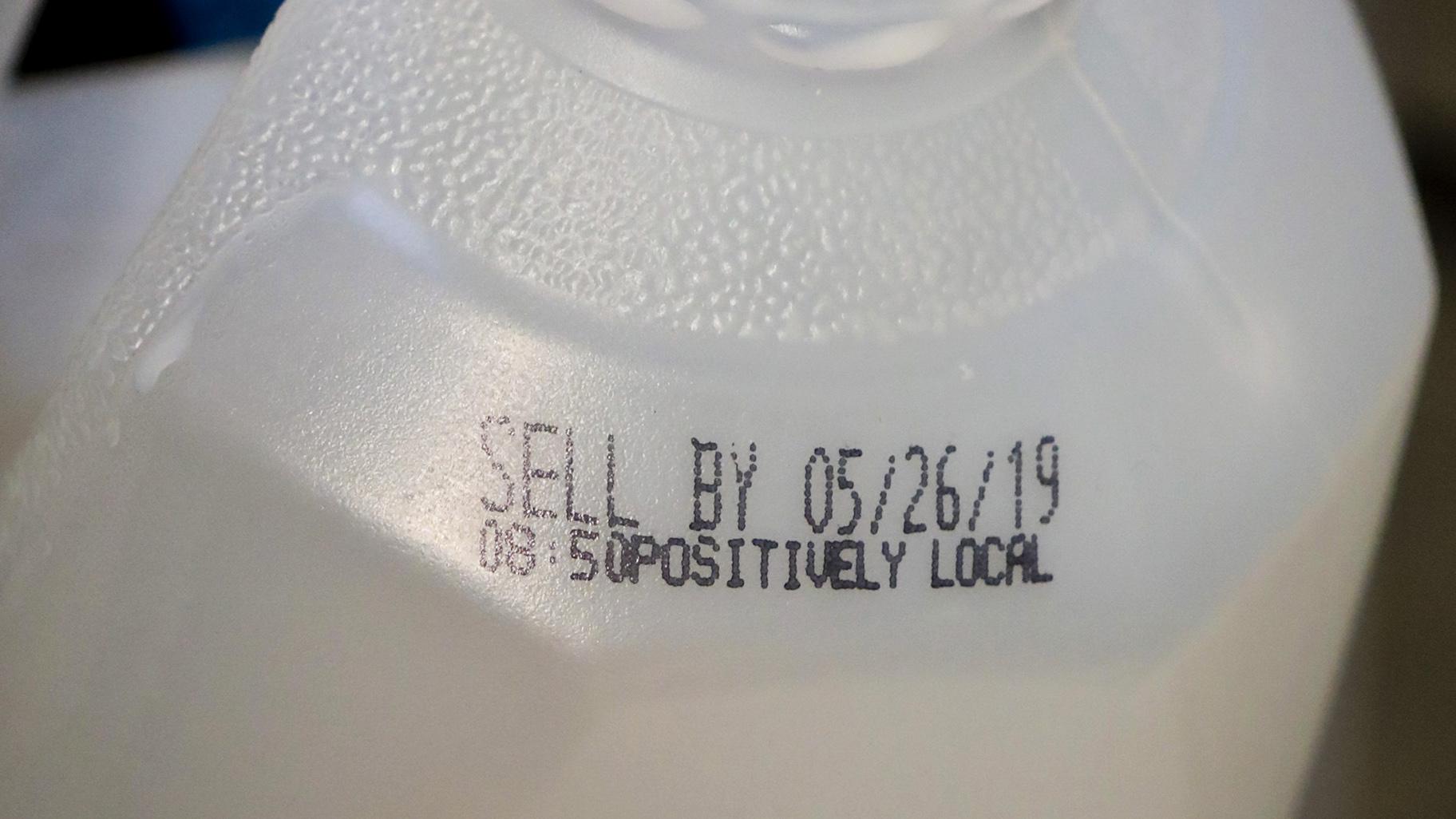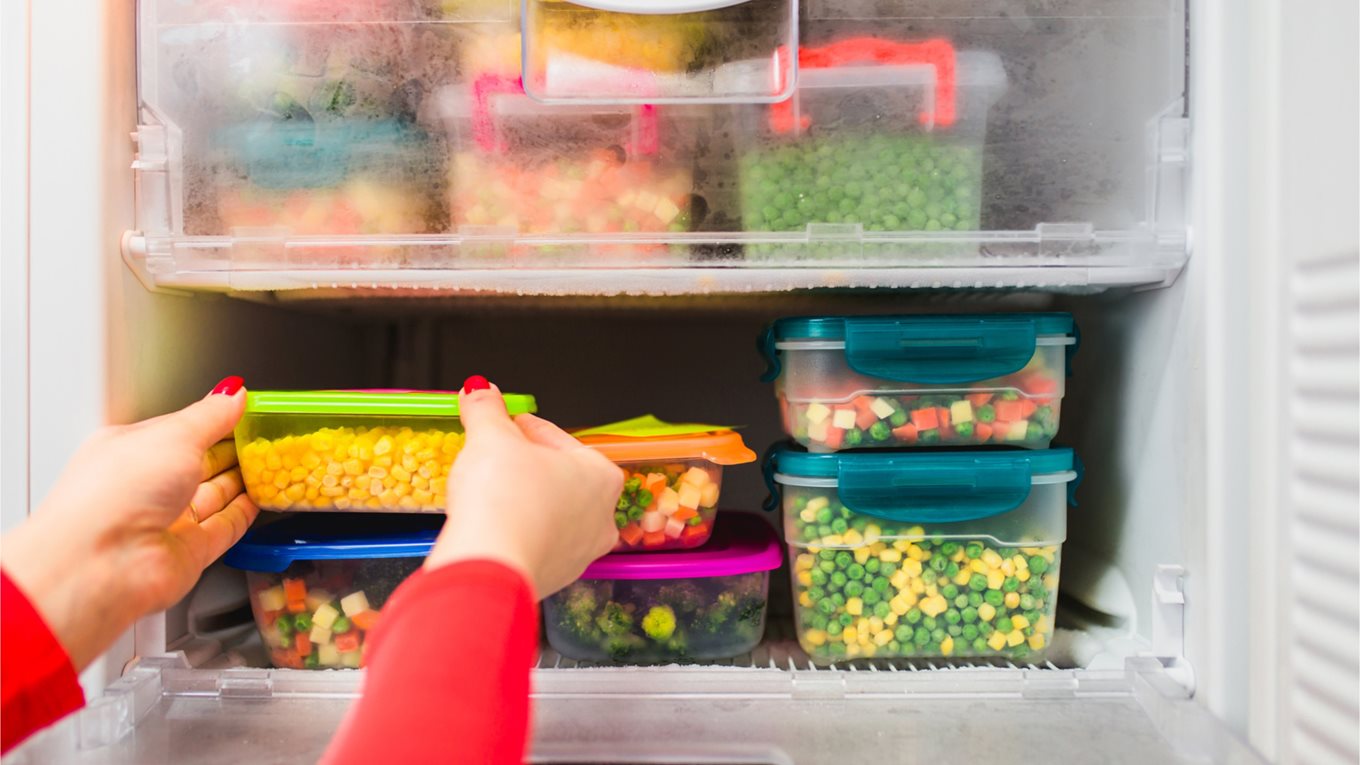Frozen foods have revolutionized the food industry over the last few decades across the globe. Be it meat or vegetables, nothing beats the convenience of preparing a quick meal with frozen foods. Given we all are in unprecedented times, this option has become even more feasible since we do not have to expose ourselves to the risk of COVID infection.
Not just that, stocking frozen foods can also be economical and cuts down on waste. But the question remains, is fresh food better than frozen foods? Is it a healthier option? Do I pose any health risks when it comes to consuming one over the other? Let us find out!
Is Fresh food better and healthier than Frozen foods?
 Well, the answer to this depends and not as straightforward as it seems. When it comes to any food, it is essential to check what ingredients it has. It is a well-known myth that frozen foods are often artificial, full of chemicals, and have unhealthy fats in them. This is true to an extent, but not all the frozen foods have the same nutritional structure.
Well, the answer to this depends and not as straightforward as it seems. When it comes to any food, it is essential to check what ingredients it has. It is a well-known myth that frozen foods are often artificial, full of chemicals, and have unhealthy fats in them. This is true to an extent, but not all the frozen foods have the same nutritional structure.
The frozen food industry has come a long way since its inception in the 1950s, there are tons of healthier options out there where you can pick a healthier organic option within frozen foods and still lead a healthier life. As per a recent study by the University of Georgia, frozen foods had more Vitamin A and C as compared to the fresh ones.
Also Read: 11 Superfoods that are best for boosting the Immune system
Do frozen foods lose their nutritional value over time?
 It is often a misconceived notion that freezing the food over a certain duration causes the food to lose its nutritional content. While the opposite of this is true! Frozen foods do not lose their nutritional content, fibrous nature, or calorie content in refrigeration. They stay consistent and maintain that nutritional capacity unless tampered with. In some cases, some frozen foods lose their flavor over time.
It is often a misconceived notion that freezing the food over a certain duration causes the food to lose its nutritional content. While the opposite of this is true! Frozen foods do not lose their nutritional content, fibrous nature, or calorie content in refrigeration. They stay consistent and maintain that nutritional capacity unless tampered with. In some cases, some frozen foods lose their flavor over time.
Freezing/refrigeration preserves fat, protein, carbohydrates, and other minerals that it had before going into the stock. But it is essential to also check if the manufacturer added any additional chemicals for preservation. If not, your food should be as good as new!
Do Frozen foods have expiry dates?
 This might be a little harder to believe, but foods can be preserved indefinitely when frozen and cannot go bad, go to a foul state or pose any health risk as long as the freezer is functioning. You don’t believe us? Ever heard of the Doomsday Vault in Norway? There is a large Global seed vault close to the North pole that stores more than a million varieties of food crops, which will be used in case humanity runs out of food. They are stored in a huge freezer that is retaining their freshness and ready to use when needed.
This might be a little harder to believe, but foods can be preserved indefinitely when frozen and cannot go bad, go to a foul state or pose any health risk as long as the freezer is functioning. You don’t believe us? Ever heard of the Doomsday Vault in Norway? There is a large Global seed vault close to the North pole that stores more than a million varieties of food crops, which will be used in case humanity runs out of food. They are stored in a huge freezer that is retaining their freshness and ready to use when needed.
Note that it is essential when you store food carefully in your freezer. If not handled carefully the food does lose its quality and can go bad over time. Here is a chart for you to understand the freezing times for different kinds of foods
Microbials die and do not exist in Frozen foods?
 Microbials such as viruses and bacteria do not completely get eliminated when the food is placed inside the freezer. It is a well-known fact that microbial usually operate between 5°C to 60°C temperatures, but when the food is preserved under sub-zero temperatures the bacteria/viruses present on them become inactive. Hence it is important to keep the surfaces clean, wash the food properly before consumption.
Microbials such as viruses and bacteria do not completely get eliminated when the food is placed inside the freezer. It is a well-known fact that microbial usually operate between 5°C to 60°C temperatures, but when the food is preserved under sub-zero temperatures the bacteria/viruses present on them become inactive. Hence it is important to keep the surfaces clean, wash the food properly before consumption.
A quick trick to safely thaw frozen food is to put them in the defrosting region inside your refrigerator. Doing so eliminates the introduction of any new foreign bodies on your food and reduces any cross-contamination.
Are the ingredients inside the frozen foods often artificial and not real?
 We have come a long way since the inception of frozen foods in the mid-1950s. Back then they were not essentially healthy and were pumped with concerning chemicals to increase the shelf life. Now with the growing concerns from consumers to have healthier options food manufacturers are offering healthier options and using real ingredients instead.
We have come a long way since the inception of frozen foods in the mid-1950s. Back then they were not essentially healthy and were pumped with concerning chemicals to increase the shelf life. Now with the growing concerns from consumers to have healthier options food manufacturers are offering healthier options and using real ingredients instead.
While purchasing check the packaging to confirm if the manufacturer used any additional preservatives or alternative substitutes to your favorite food. If the label says 100% real meat, then it is!
I shouldn’t put the food back in the freezer once it has been thawed?
 Other than changes in the food flavor and texture, the food thawed in the defrost zone is usually safe to put back in the freezer. This includes foods such as meat, fruits, vegetables, and other poultry products. Though for items such as meat, it is important to understand that items such as meat should go back in the freezer within 3 days after they have been put in the defrost zone. Else they are likely to attract bacterial growth.
Other than changes in the food flavor and texture, the food thawed in the defrost zone is usually safe to put back in the freezer. This includes foods such as meat, fruits, vegetables, and other poultry products. Though for items such as meat, it is important to understand that items such as meat should go back in the freezer within 3 days after they have been put in the defrost zone. Else they are likely to attract bacterial growth.
-
What kind of frozen foods should I avoid?
Frozen foods are usually safe to eat, some of the foods are better to be enjoyed when they are fresh. Some of them include Cooked rice, salads with meat, salad greens, boiled eggs, and any other pre-boiled food. Dairy products are also good to go in your freezer, but they change their flavor and texture very easily.
What should I look for while purchasing frozen foods?
 Going through your frozen food options at your closest supermarket isn’t always as easy as it seems. It is easy to get deceived with labels on the packaging. Below are some ways you can make a calculated decision while purchasing a frozen food of your choice.
Going through your frozen food options at your closest supermarket isn’t always as easy as it seems. It is easy to get deceived with labels on the packaging. Below are some ways you can make a calculated decision while purchasing a frozen food of your choice.
- Glance through the ingredients present in it. If it has vegetables, lean proteins, fruits and grains, the money spent on it should be worth it. If you see any complicated chemicals outside salt, vinegar, lemon, Garlic, etc. that is your cue to steer clear from it!
- Check the nutritional content of the frozen foods per serving. Some manufacturers pump-in unhealthy amounts of Sodium in them. Additionally, in some cases, if you are getting frozen fruits or juices check for any added sugars or flavors.
- Be mindful of the serving size as well. Some manufacturers sneak two servings into what looks like a single-serving meal. Confirm the serving size and make sure it fits into your daily calorie budget.
- If nothing works out, build your own frozen food section in your refrigerator choosing your own choice of healthy ingredients!




